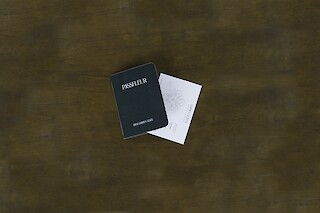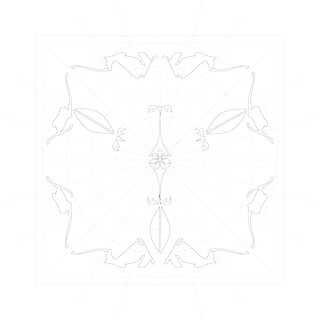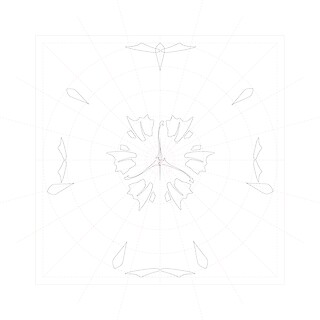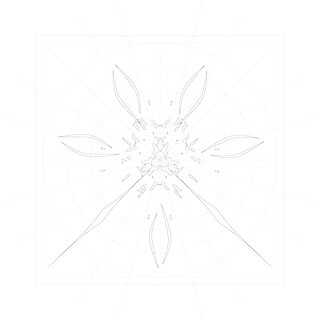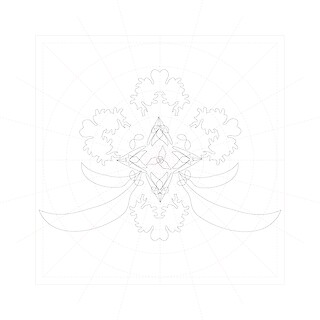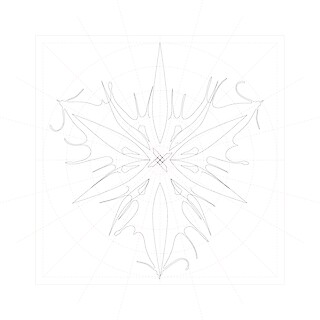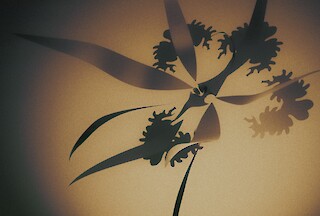
@ornati.ardennes
[DE]
In einer Zeit, die von Globalisierung und Migration geprägt ist, wird der Status quo der Integrationspolitik zunehmend hinterfragt. Konzepte wie Staatsangehörigkeit und die zugehörigen Gesetze sind im Wandel und formen ständig das Recht der Menschen, sich zu bewegen, zu leben und geschützt zu werden.
Der Begriff «naturalization» (deutsch «Einbürgerung») wird meist verwendet, um den Prozess zu beschreiben, den eine Person beim Erwerb der Staatsbürgerschaft eines Landes durchläuft. In der Biologie bezieht sich dieser Begriff jedoch auf die Einfuhr von Pflanzen in neue Länder. Was wäre, wenn die beiden Analogien zu einer utopischen Welt verschmelzen könnten? Wenn Pässe aus Blumen bestehen würden?
Durch einen spekulativen Einbürgerungsprozess, der vor einem Computer stattfindet, lädt Passfleur die Besucher:innen ein, ihre Staatsbürgerschaft in einem imaginären digitalen Land, einem Garten namens «Idem», zu erwerben. Durch die Beantwortung von Fragen können die Nutzer:innen ihren einzigartigen Pass in Form einer Blume erstellen und dabei über die Integrationskriterien und das willkürliche System der Inklusion nachdenken.
[EN]
In an era marked by globalisation and migration, the status quo of integration policies is being increasingly questioned. Concepts like nationality and laws regarding citizenship rights are changing constantly, affecting people’s right to move, to live and to be protected.
The term ‘naturalisation’ is commonly used to describe the process a person goes through to acquire citizenship of a country. Interestingly, the word is also used in biology, referring to the introduction of plants into a country where they are not indigenous. But what if the two analogies could merge into one utopian world? What if passports were made of flowers?
Through a fictional naturalisation process, which takes place in front of a computer, Passfleur invites people to acquire their citizenship in an imaginary land, a garden called ‘Idem’. By answering questions, visitors can create their unique Passfleur document, while reflecting on the criteria of integration and the arbitrary system of inclusion.
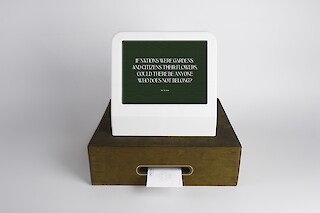
"The naturalization process is rooted in the structural conventions of nation-states and national identity, which is reinforced by borders, passports, and visas for example. Ultimately, however, it can be seen as an arbitrary system that validates exclusion, defines the right to belong, and controls mobility."
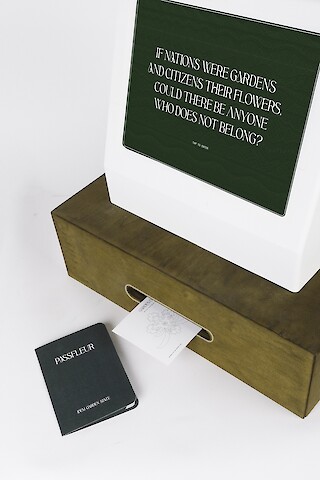
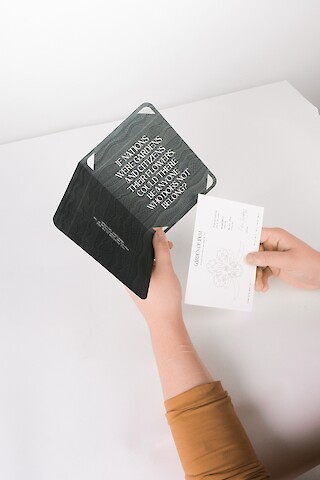
"The goal of this project was to create something participatory. I wanted to engage people actively, making them an integral part of the work."
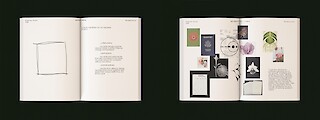
Besides creating a participatory project, its development was also highly collaborative. Interdisciplinarity lies at the core of Passfleur, bringing together different designers as integral parts of the creation and implementation process.
Nil Saegesser, graphic designer, was the creative mind behind the flower graphics and illustrations. Louis Widmer, industrial designer, played a key role in the physical installation and 3D printing. Andreas Kohler, interaction designer, handled all web development and coding, while Ferdi Pinarci, interactive media designer, was essential in launching the project's implementation and finalising the user experience. Without their help and unique skills, this project would not have been possible.
